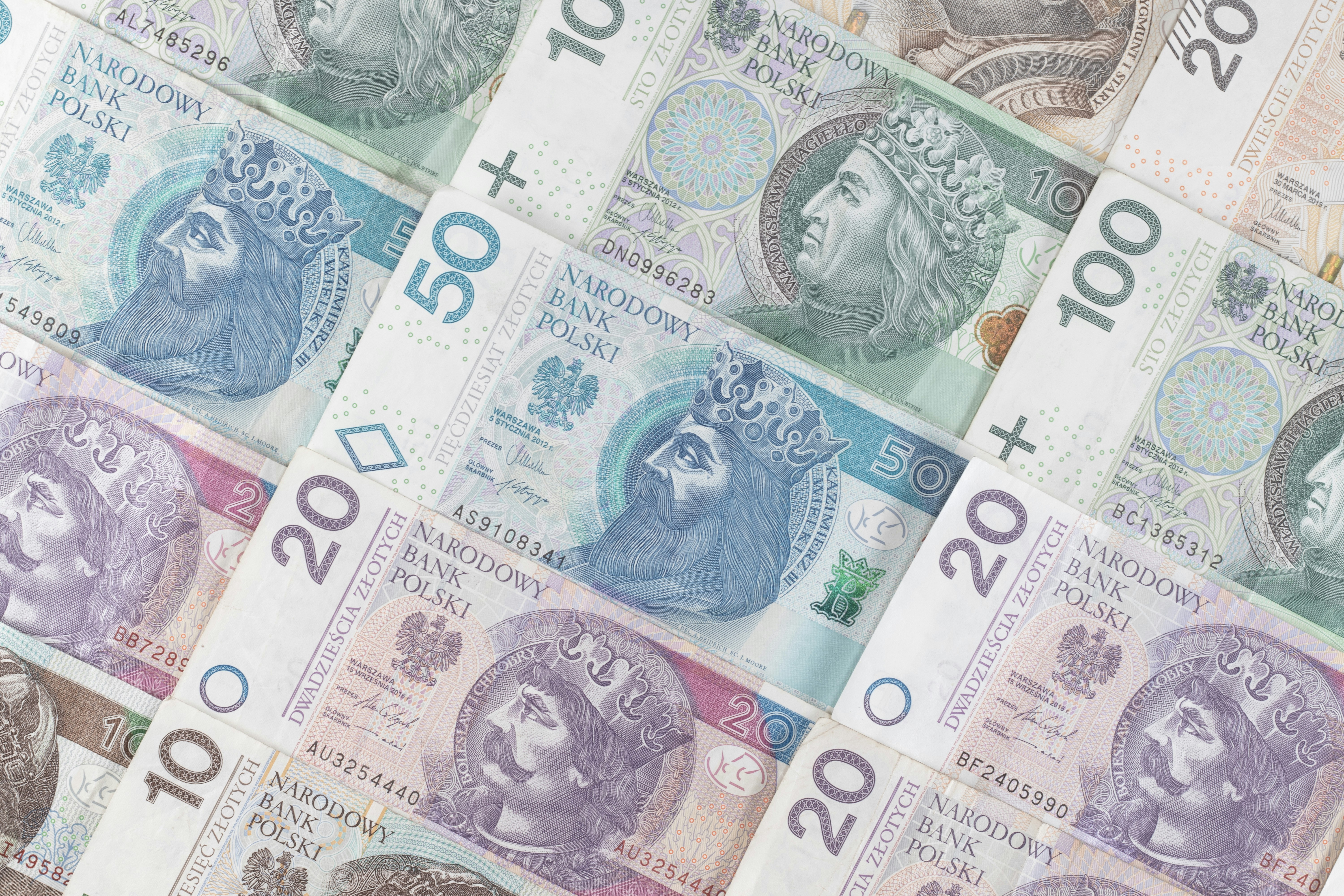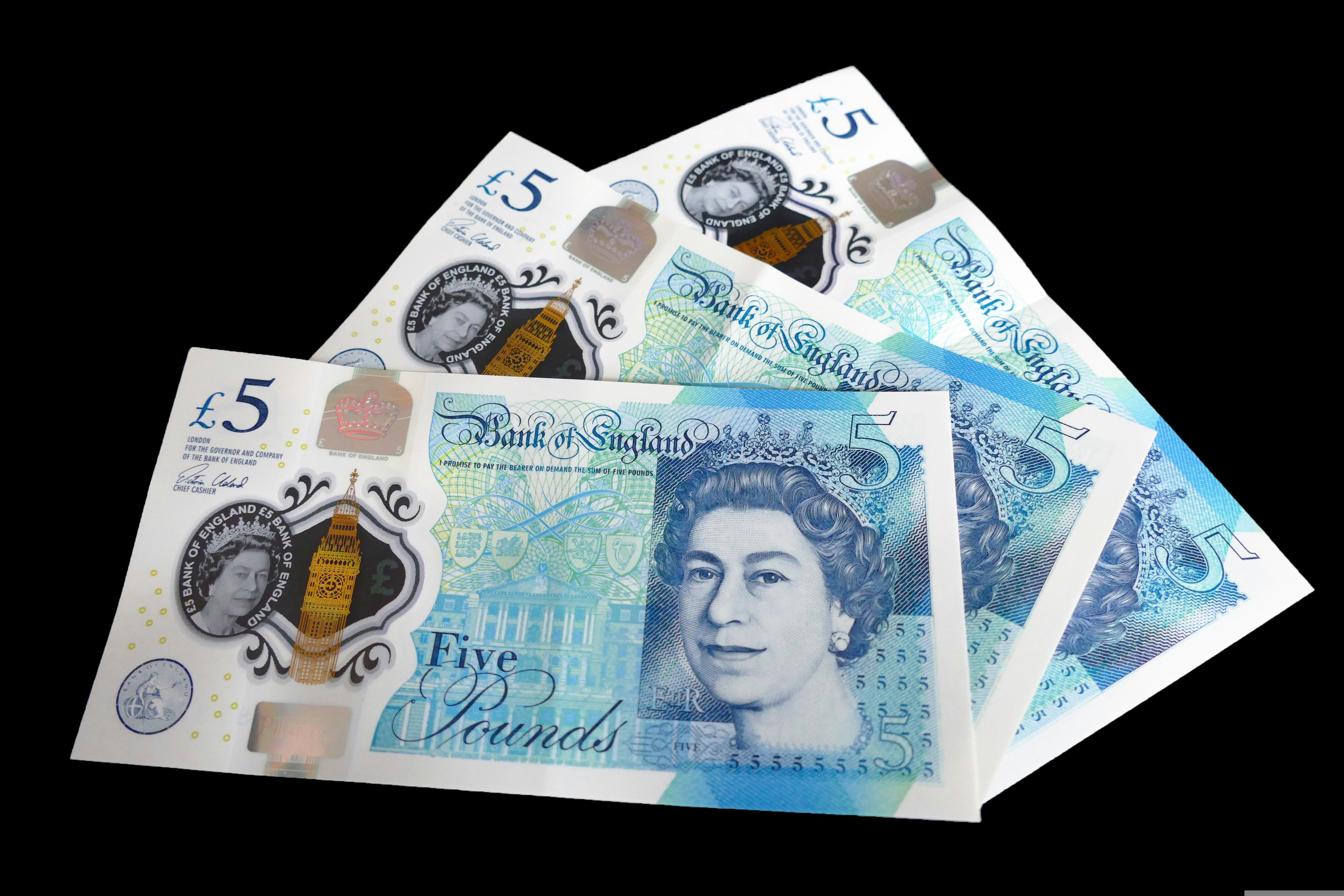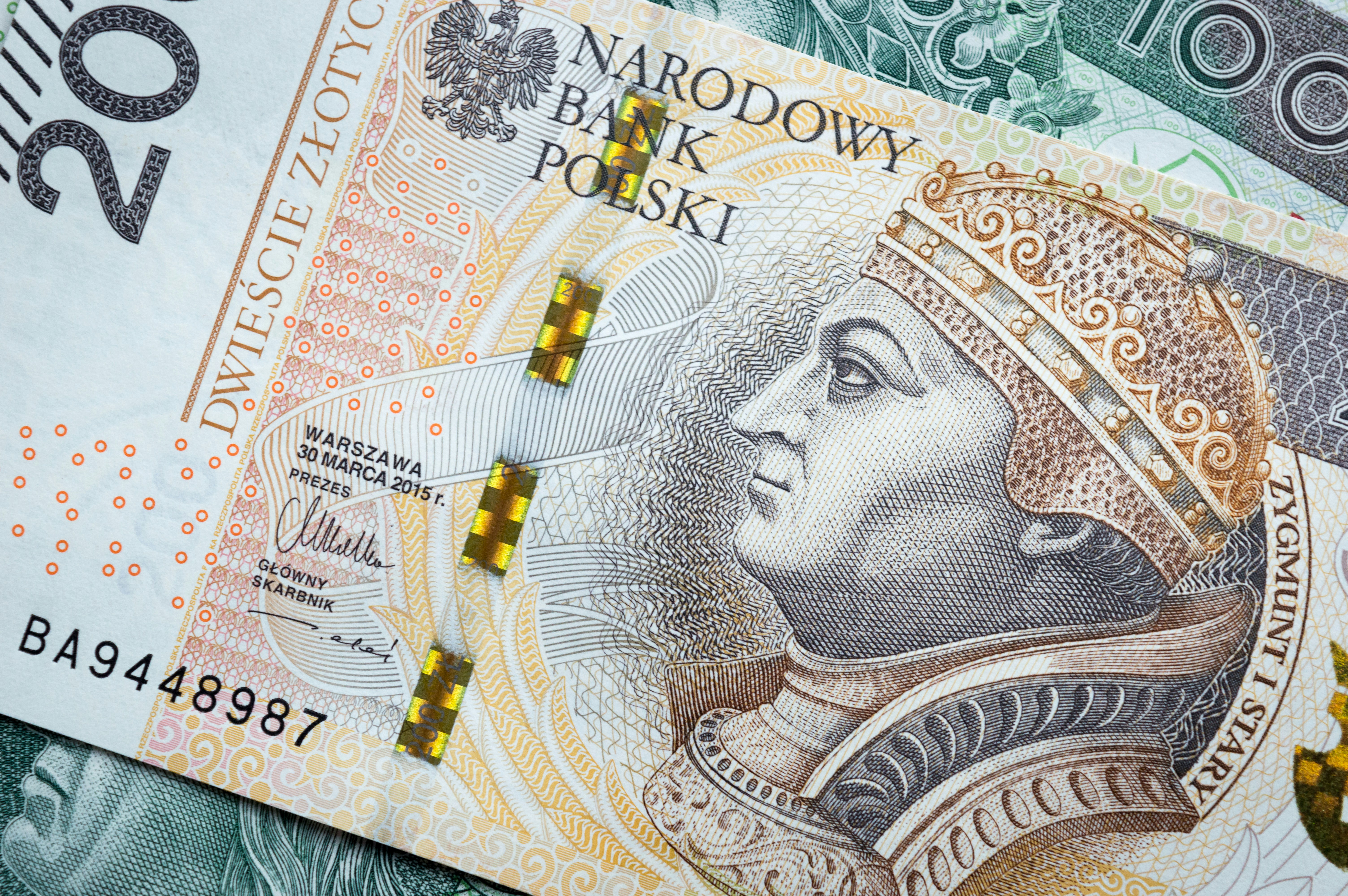What Is Currency Spread?
)
Table of contents:
Understanding Forex Currency Spread
How the Spread Is Calculated in the Forex Market
Forex Spreads Quoted
How Exogenous Events Drive Forex Spreads
Conclusion
FAQs
If you have tried trading forex with currency pairs or are at least indirectly involved in trading on the international stock exchange, then you have definitely heard about such a phenomenon as "spread". In this article, we will analyze in detail the concept of spread, where it comes from, how to calculate it, and how external events affect spreads.
Key takeaways:
-
The spread is the difference between the purchase price and the sale price.
- The spread is usually the broker's main source of income.
- The real price of an asset is somewhere in the middle between the sale price and the purchase price.
- The spread often depends on volatility and on the particular currency pair.
- There is a standard account without commissions, and a direct account with commissions.
Understanding Forex Currency Spread
When you are trading currencies, you can observe two different prices for a currency pair: the purchase price (bid price), and the sale price (ask price). Let's say you want to buy euros for dollars: the purchase price might be 1.125 USD, but the selling price might be 1.12 USD for the base currency. $0.005 is the spread in this case, and it will be the broker's income. There are almost always differences between the purchase price and the sale price, and it is this difference that can be called the “commission” for the transaction. The real price of an asset is somewhere in the middle between the sale price and the purchase price.
The forex spread also depends on volatility (rapid price change): the higher the volatility, the larger the spread will be, and vice versa: the lower the volatility, the smaller the spread. Spreads may also depend on the specific currency pair.
A currency pair with the smallest difference between buying and selling will be more liquid. Since liquidity is the ability to exchange an asset for another currency, logically, it will be easier to buy or sell an asset with a small spread than to sell or buy an asset with a high spread.
It should also be noted that there are two types of accounts in Forex:
1. Standard account without commission
Such an account means that you will not have commissions for transactions; you will only have spreads. This way you pay the broker for the currency trade with the forex spread.
2. Direct account with commissions
In this case, you have small or no spreads and you pay commissions on trades. Your payment to the broker is your commissions.
 alt=)
How the Spread Is Calculated in the Forex Market
It is very simple to calculate the spread in forex: you need to subtract the smaller price from the higher price — this difference will be the forex spread. It is important to remember that many transactions with currency pairs are made in lots (for example, 10,000 units of an asset), and even if the spread seems small, given the volume of trading on forex, in total, the forex spread can be an impressive amount.
Spreads in forex can be fixed or variable (changing). A fixed spread in forex means that you pay the same spread every time you make a trade. A variable forex spread means that as volatility changes, the spread will also change. That means that if the volatility in the market increases, your spread also increases. Below we will give a brief description of the fixed and variable spread.
Fixed spread:
-
It may encounter requotes (in other words, if you buy an asset at a particular price, but at the time of the transaction the price changes dramatically, then the broker will purchase the asset at the new price, which may negatively affect your profitability)
- Predictable transaction price
- Fixed spreads are more suitable for beginners in trading
- Market volatility will not affect the spread
- When you use fixed spreads, slippage may occur
Variable spread:
-
No risk of requotes
- The spread may be less than initially stated
- It is more suitable for experienced traders
- The spread may increase if volatility increases
- It may also be subject to slippage
Forex Spreads Quoted
Here’s a typical example of the EUR/USD currency pair with a built-in spread:
Bid price:
$1.125
Ask price:
$1.12
Thus, the spread will be 50 pips.
It is important to note that this rarely happens, because usually the spread for currency pairs is from one to five pips. However, the spread may vary depending on market conditions.
Investors and traders need to actively monitor the spread in forex, as their transaction must cover the costs of the spread and commissions in order to make money on a trade. The broker can change the spread at his discretion. Also, the greater the difference between the bid price and the ask price, the more you will pay to purchase the asset and the less you will make to sell the asset. Each forex broker may charge a slightly different spread, which may increase the cost of forex transactions.
How Exogenous Events Drive Forex Spreads
To understand what spreads depend on, you need to understand what exogenous factors can influence the market. Below, we will look at these factors and how they affect spreads.
Time of Day
Oddly enough, the timing of the transaction can be critical. There are three trading sessions in total: American, European and Chinese. They all start at different times: first China, then Europe, and then America. It is better to trade the euro and dollar during the European or American session. Why?
During the European and American sessions there are many more people willing to trade the euro or US dollar than during the Chinese session. If there are more people in the market, that means higher liquidity, which means the spread is smaller. If you try to trade the dollar during the Chinese session, your spread will be larger because there is less liquidity. From the broker's point of view, low liquidity poses a threat, since there is less confidence that the asset can be bought or sold (because there are fewer market participants), so the broker will increase spreads to protect himself.
The conclusion is this: it is better to trade currency pairs with euro and dollar in the European or American session, and the yuan is better in the Chinese session, as it is their base currency. This will provide you with a good spread and more profit.
)
Events and Volatility
Economic and geopolitical events can drive forex spreads wider, and reduce your profit. If the unemployment rate for the US comes out much higher than anticipated, for example, the dollar would likely weaken or lose value against most currencies. The forex market can move abruptly and be quite volatile during periods when events are occurring. As a result, forex spreads can be extremely wide during events since exchange rates can fluctuate so wildly (called extreme volatility). Periods of event-driven volatility can be challenging for a forex broker to pin down the actual exchange rate, which leads them to charge a wider spread to account for the added risk of loss.
Conclusion
To summarize, the spread is a very important part of a forex transaction. A small spread can make your trading a little more profitable, whereas a high spread can make your trading unprofitable. In this article, we discussed all the main factors affecting the spread. After all, understanding the spread is critically important for a trader.
FAQs
What is the spread in currency trading?
The spread is the difference between the sale price and the purchase price, as well as the broker's main income.
How does a spread work?
The spread is necessary for brokers to make money. It can be called a “commission” for the transaction. There is an equilibrium price (the price at which the buyer wants to buy, and the seller wants to sell), so if a spread appears, then the purchase price will be slightly higher, and the selling price will be slightly lower. The difference between the prices is the spread.
What is the currency spread risk?
Currency spread risk is the risk that the bid-ask spread of a currency pair will widen, resulting in a loss.
Is a high or low spread better?
A low spread is definitely better, because with a low spread, your trade will be more profitable.
Which broker has the lowest spread?
It’s hard to say; a good spread depends not only on the broker, but also on the currency pair, volatility and trading time.


